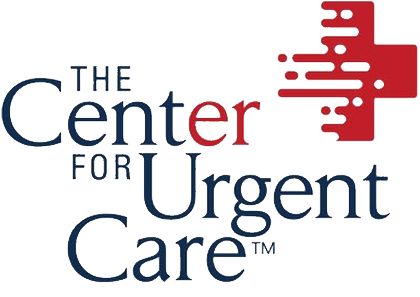Understanding COVID-19 (Coronavirus)
Coronaviruses (CoV) are a large family of viruses which cause illness ranging from the common cold to more severe diseases such as MERS-CoV (Middle East Respiratory Syndrome) and SARS-CoV (Severe Acute Respiratory Syndrome)
Coronavirus disease (COVID-19) is a new strain that was discovered in 2019 and has not been previously identified in humans. In rare circumstances, coronaviruses start in animals and spread to people. Experts believe that COVID-19, the clinical name for the recent coronavirus outbreak, started this way.
Symptoms
Common signs of infection include respiratory symptoms, fever, cough, shortness of breath and breathing difficulties. In more severe cases, infection can cause pneumonia, severe acute respiratory syndrome, kidney failure and even death. These symptoms may appear 2-14 days after exposure (based on the incubation period of MERS-CoV viruses).
Who’s most at risk?
Older adults and people who have severe underlying medical conditions like heart or lung disease or diabetes seem to be at higher risk for developing more serious complications from COVID-19 illness.
FEVER
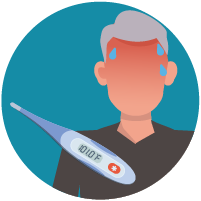
COUGH
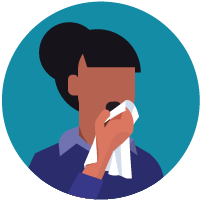
SHORTNESS of BREATH
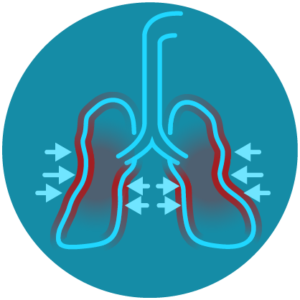
If you think you have been exposed to COVID-19 and develop a fever and symptoms, such as cough or difficulty breathing, call us at 941-243-3088 for medical advice.
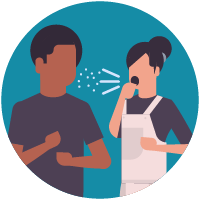
Know How it Spreads
- There is currently no vaccine to prevent coronavirus disease 2019 (COVID-19).
- The best way to prevent illness is to avoid being exposed to this virus.
- The virus is thought to spread mainly from person-to-person.
- Between people who are in close contact with one another (within about 6 feet).
- Through respiratory droplets produced when an infected person coughs or sneezes. These droplets can land in the mouths or noses of people who are nearby or possibly be inhaled into the lungs.
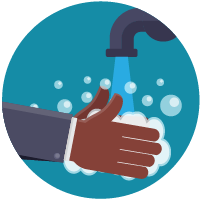
Clean your hands often
- Wash your hands often with soap and water for at least 20 seconds especially after you have been in a public place, or after blowing your nose, coughing, or sneezing.
- If soap and water are not readily available, use a hand sanitizer that contains at least 60% alcohol. Cover all surfaces of your hands and rub them together until they feel dry.
- Avoid touching your eyes, nose, and mouth with unwashed hands.
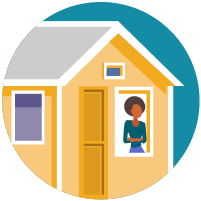
Social Distancing
- Avoid close contact with people who are sick.
- Put distance between yourself and other people if COVID-19 is spreading in your community. This is especially important for people who are at higher risk of getting very sick.
Reduce stress in yourself and others
Sharing the facts about COVID-19 and understanding the actual risk to yourself and people you care about can make an outbreak less stressful.
- Take breaks from watching, reading, or listening to news stories, including social media. Hearing about the pandemic repeatedly can be upsetting.
- Take care of your body.
- Make time to unwind.
- Connect with others.
Official Resources
Global | Federal | Local
